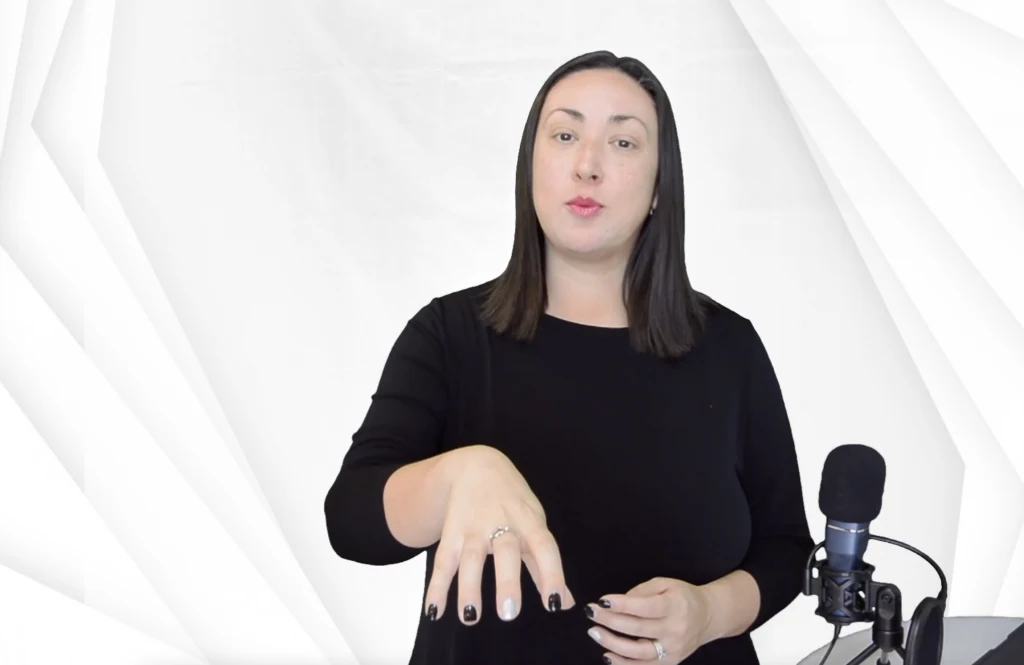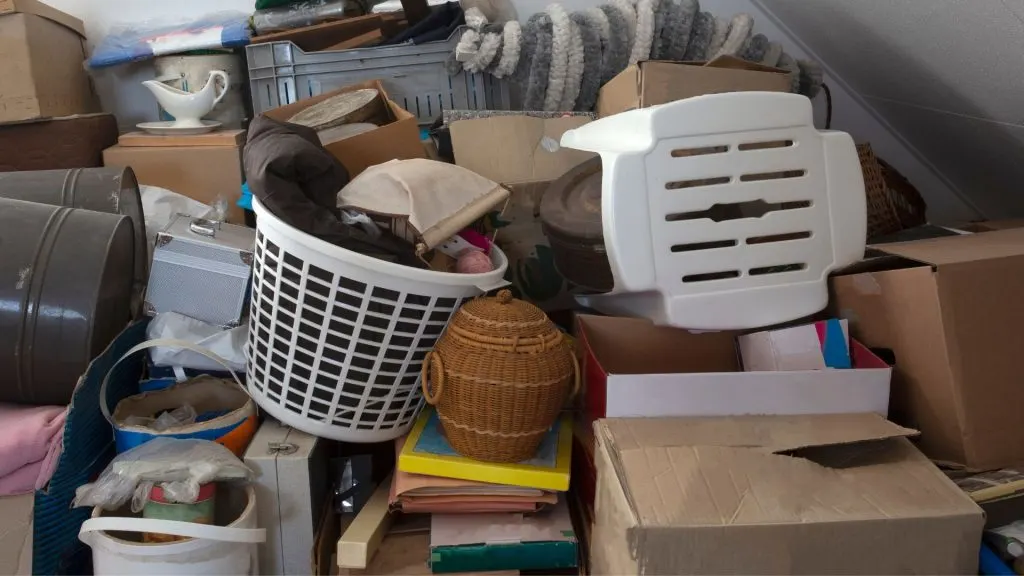It’s not uncommon to call someone a hoarder as a figure of speech these days. However, hoarding disorder is a complex issue that usually requires medical intervention. If you suspect your loved one is a hoarder, don’t try to diagnose them yourself.
There are multiple warning signs for hoarding disorder which we will outline below. Use these warning signs as clues to determine if your loved one is a hoarder before seeking professional assistance.
You are not alone. Watching someone’s life crumble because of hoarding is heartbreaking and stressful for loved ones. Just remember that nothing you can do will make them snap out of it or get better. You can’t fight a psychological disorder with logic, pleading, or force.
Is Your Loved One a Hoarder?
Look for these clues to determine if your loved one could have an undiagnosed hoarding disorder.

This course is not intended to be a cure or solution for a person with a diagnosed hoarding disorder. But, if you are someone who just tends to let clutter accumulate, this can help you stop that cycle.
#1 Excessive Accumulation
When people use hoarder casually it dulls our understanding of the volume of accumulation for an actual hoarder. A hoarder doesn’t just have a collection of things, they have items that wouldn’t make any sense to a non-hoarder.
#2 Won’t Get Rid of Items
A hoarder has extreme difficulty getting rid of items. Even items of no value create a strong emotional reaction for a hoarder. What other’s would call trash, a hoarder has a deep rooted desire to keep. You will find broken items, useless items, and objects that baffle your mind.
#3 No Organization
The downward spiral towards hoarding may have started with organization but at some point it becomes untenable to maintain. What use to be an area of well cared for sentimental items is likely now intermixed with trash and random knick knacks.
#4 Reduced Function
Maintaining a hoarding disorder causes significant decline in a person’s ability to function with the world around them. Social lives are abandoned, occupational pursuits are neglected, and the constant distress is physically draining. These steps back from interacting with the external world are a deviation from previous normal behavior of these people.

#5 Poor Sanitation
Living among a large volume of unusable trash causes fringe problems. A house falls into disrepair because the person can’t get a plumber or an electrician or a handyman to come work amongst the garbage.
Aside from being a major fire hazard it also creates poor access to food and bathing facilities. It’s common for hoarders to have poor personal hygiene and be both unaware and ashamed at the state of themselves simultaneously. This conundrum confuses loved ones of hoarders because it seems impossible to both be embarrassed and oblivious at the same time.
#6 Financial Distress
Having a hoarding disorder affects a person’s financial well-being in a multitude of ways. A person with a hoarding disorder has reduced or eliminated their ability to make an income because of their withdrawal from professional efforts.
Over the top expenditures to procure more items to hoard puts a strain on their outgoing money. Plus, their exodus from social circles has left them without a support network to aide in any financial problems they encounter.


